The Bad Sex Guide to Opera
mainA member of the music profession wondered aloud the other day why opera directors keep trying to have sex on stage when online porn does it so much better.
She has a point. Sex is only ever simulated on the opera stage and never with total conviction. So why bother? Get back to the singing.
Here’s a Slipped Disc list of the ten least essential sex scenes of recent times (in no particular order). Do add some of your own. We might even offer an award for the worst sex on stage.
1 Bavarian State Opera, Munich . Eugene Onegin by Krzysztof Warlikowski.
Onegin and Lenski are gay. Lenski is killed in bed after a failed blow job. Semi-naked cowboys are fellated.
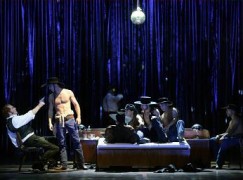
2. Statsoper Berlin. Parsifal by Dmitri Tcherniakov.
The opera ends with Good Friday miracle. It involves Amfortas having sex with Kundry who is stabbed to death in the act.
3. Deutsche Oper Berlin. Samson and Dalila by Patrick Kinmonth – explicit sexual scenes
4. Komische Oper Berlin. Double bill of Gianni Schicchi and Bluebeard Castle: sex, oral sex, other varieties.
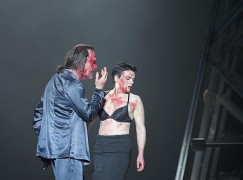
5 Munich. Tcherniakov’s Lulu.
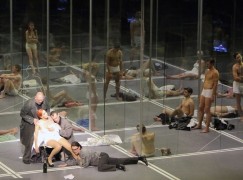
6 Dresden, Stefan Herheim’s Lulu
7 ROH Covent Garden William Tell
An unscripted rape to ballet music.
8 Deutsche Oper Berlin. Lady Macbeth of Mzensk – simulated sex with gigantic fish
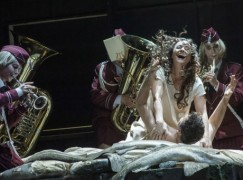
9 Powder Her Face – the show that shut New York City Opera
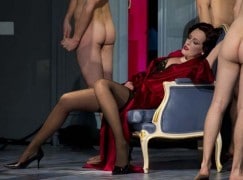
photo by Pavel Antonov
10 The one that simulated an Irish airline
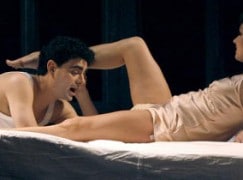
Villazon, Netrebko, Salzburg Festival press photo/dpa




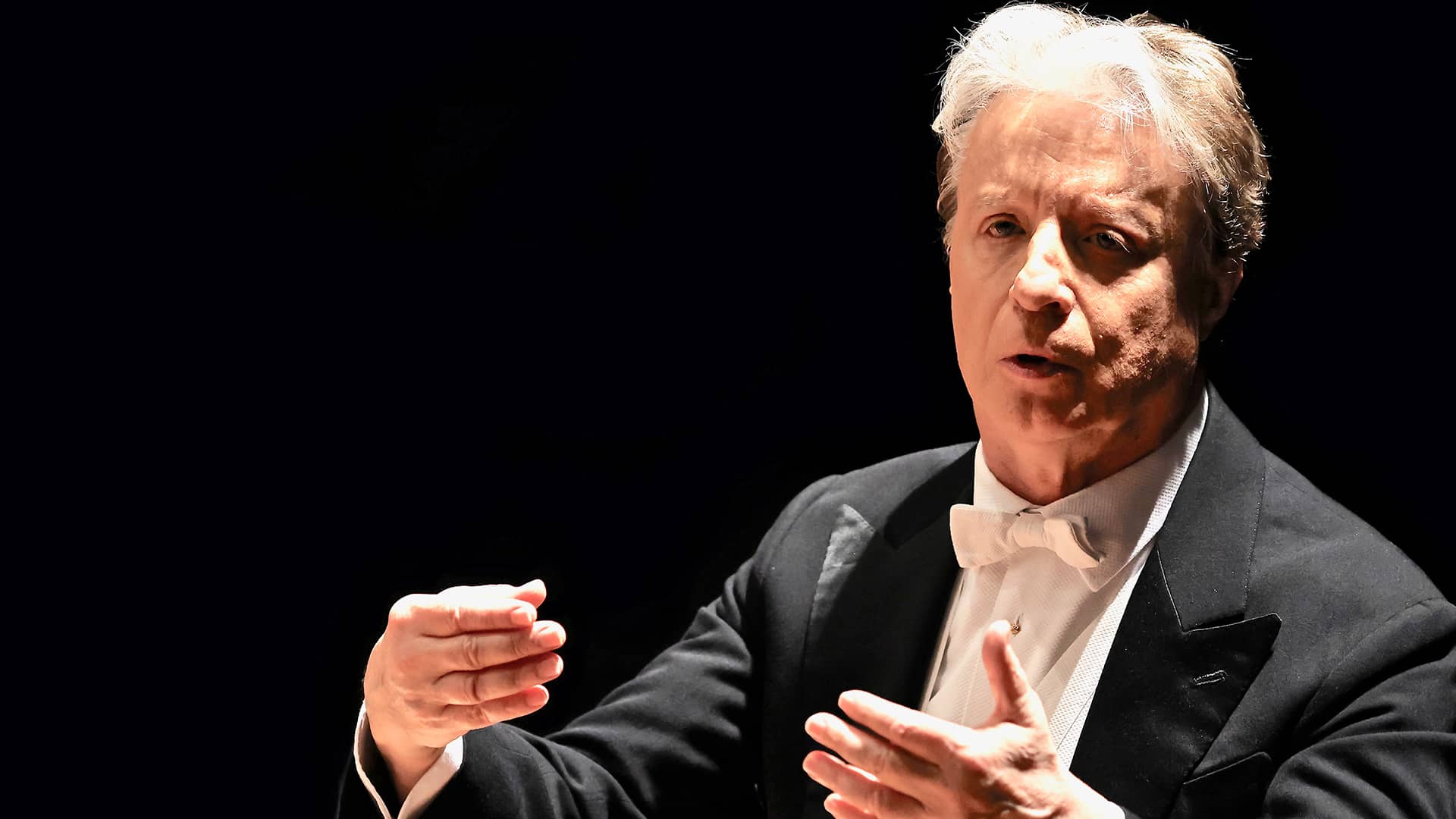
Comments